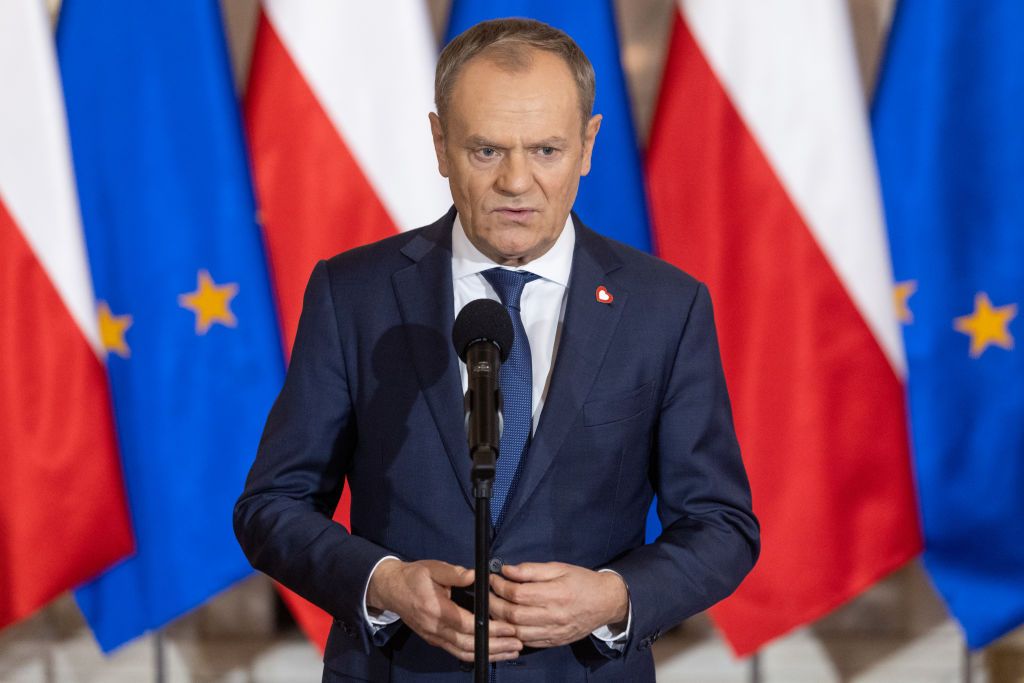Latvian government approves list of banned agricultural goods from Russia, Belarus

The Latvian government on March 5 approved a list of Russian and Belarusian agricultural and food products that will be banned from importing into the country starting March 8.
The Baltic country's parliament voted to ban the imports on Feb. 22 in the wake of farmers' protests against the influx of agricultural goods originating in Russia or Belarus.
The ban will apply to vegetables, fruits, berries, nuts, cereals, raw materials for fodder, and ready-made fodder. The restrictions will also apply to products of Russian or Belarusian origin coming from third-party countries.
"As a country bordering Russia, Latvia is trying to find the fastest way possible to sever economic ties with the aggressor country," the Latvian government's statement read.
"This Latvian initiative to ban the import of agricultural and fodder products from Russia and Belarus... is an additional element to the common EU sanctions policy."
Russian agricultural products sparked tensions not only in Latvia but also in other EU countries supporting Ukraine against Moscow's aggression.
Lithuanian farmers complained that the volume of Russian goods has risen sharply in recent years, destabilizing markets across the EU.
"These are impressive figures, with over 3 million tons of Russian grain having passed through Latvia and Lithuania combined in 2023," said Ausrys Macijauskas, the head of the Lithuania Association of Grain Growers.
"In total, 12 million tones of Russian grain were imported into the EU market last year."
According to Eurostat, EU purchases of Russian grain in 2023 increased by 22% per month and 10 times per year.
Polish Prime Minister Donald Tusk said on March 4 that Warsaw plans to ask Brussels to impose sanctions on Russian and Belarusian agricultural products and foodstuffs. Warsaw has complained about the influx of grain not only from these two countries but also from Ukraine.
Several key agricultural products from Ukraine, such as grain, corn, and rapeseed, have been banned from importing into Poland, but the continued flow of Ukrainian goods into the EU has led to widespread protests by Polish farmers.












